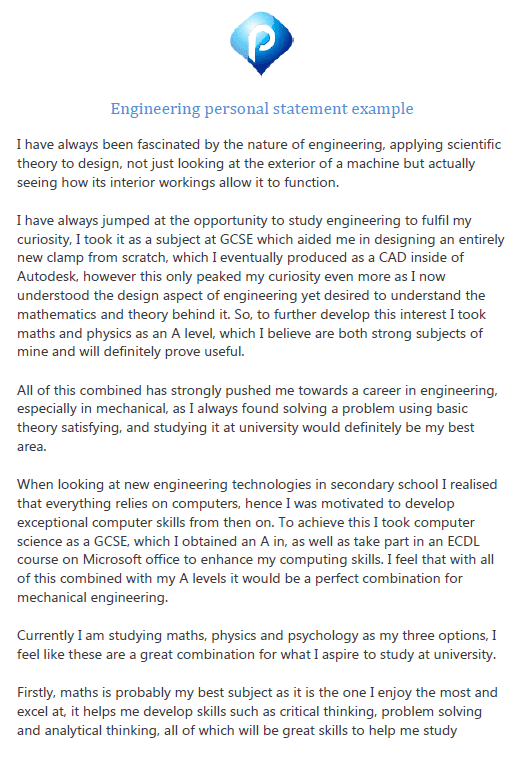
The career objective – or personal statement – is one of the most underutilised parts of a CV. Many candidates waste it with throwaway cliche statements, such as ‘I am a hard worker’, ‘I work well in a team or on my own’ ‘I am reliable and punctual’, and so on. Anyone can write these statements and they add absolutely nothing to your job application.
Key to getting this part of your CV right is understanding what it is for and just how powerful it can be.
Employers don’t spend a lot of time looking at each CV – just six seconds, according to a study reported in Time or 30 seconds according to the Guardian. Either way, you really don’t have a lot of time to make an impression, and so the career objective is the place to do it.
What is a career objective?
Simply put, it’s a very concise statement of why the employer should hire you. You’ll find it called all sorts of things – commonly, the personal statement, personal profile or career profile. According to careers coach Martin Carline at CVTemplateMaster.com, it should cover three things:
- Who you are
- What makes you suitable for the role
- What you are looking for
The most important of the three is what makes you suitable for the role. This needs to be largely factual, rather than your opinion or view.
To illustrate, these statements are not factual:
- I am a hardworking individual
- I work well in a team
- I am a strong team leader
These statements are potentially factual because they can be proven:
- I am a high-performing individual, exceeding all my targets in my current role
- I have exceeded both my personal and team targets this year
- Leading a team of 15, I have successfully launched two major projects worth a total of £1.5m in revenue to my employer
“Use clear evidence and examples to show how you meet the criteria on the person specification. It’s not enough to simply say ‘I have excellent presentation skills’; how can you demonstrate this? Try and use the language and phrases given in the person specification where you can; this will make it easier for a busy recruiter to see quickly that you have the required skills and experience.” ~ Bath University
Take care not to overwhelm the employer with what you feel are your best points. The employer is looking for specific qualifications and experience. Don’t load your personal statement with what you feel are your best achievements. Pick out information that will be important to the specific employer you’re looking to work for.
“Each Personal Statement you write should be different from your last. It must be tailored to the job description and person specification of the job that you are currently applying for. NEVER be tempted to just cut and paste from a previous application. Your lack of focus will be spotted immediately and it is likely that your application will be rejected.” ~ Portsmouth University
Here’s a good guide from Jobs.ac.uk which goes into more detail about writing your personal statement. We also really like Birmingham University’s guide which is downloadable as a PDF here.
The difference between a personal statement for jobs and for uni
Because the term ‘personal statement’ is used both in the context of a CV and for college / university applications, there can be some confusion as to what it should contain. Candidates frequently use the college / uni guides to write their CV personal statement and this is where they go badly wrong. Take a look at this snippet from a university personal statement as an example:

Source: personal-statement-examples.com
You will (hopefully) see the difference straight away. The personal statement for a job application is written with the employer’s requirements in mind. By contrast, the personal statement for a uni place tells the educational institution why you’re passionate about the subject. It”s basically there to convince them that you’ll work your a** off on their course and get the best possible grades which will reflect well on their institution. The two are very, very different and should not be confused.